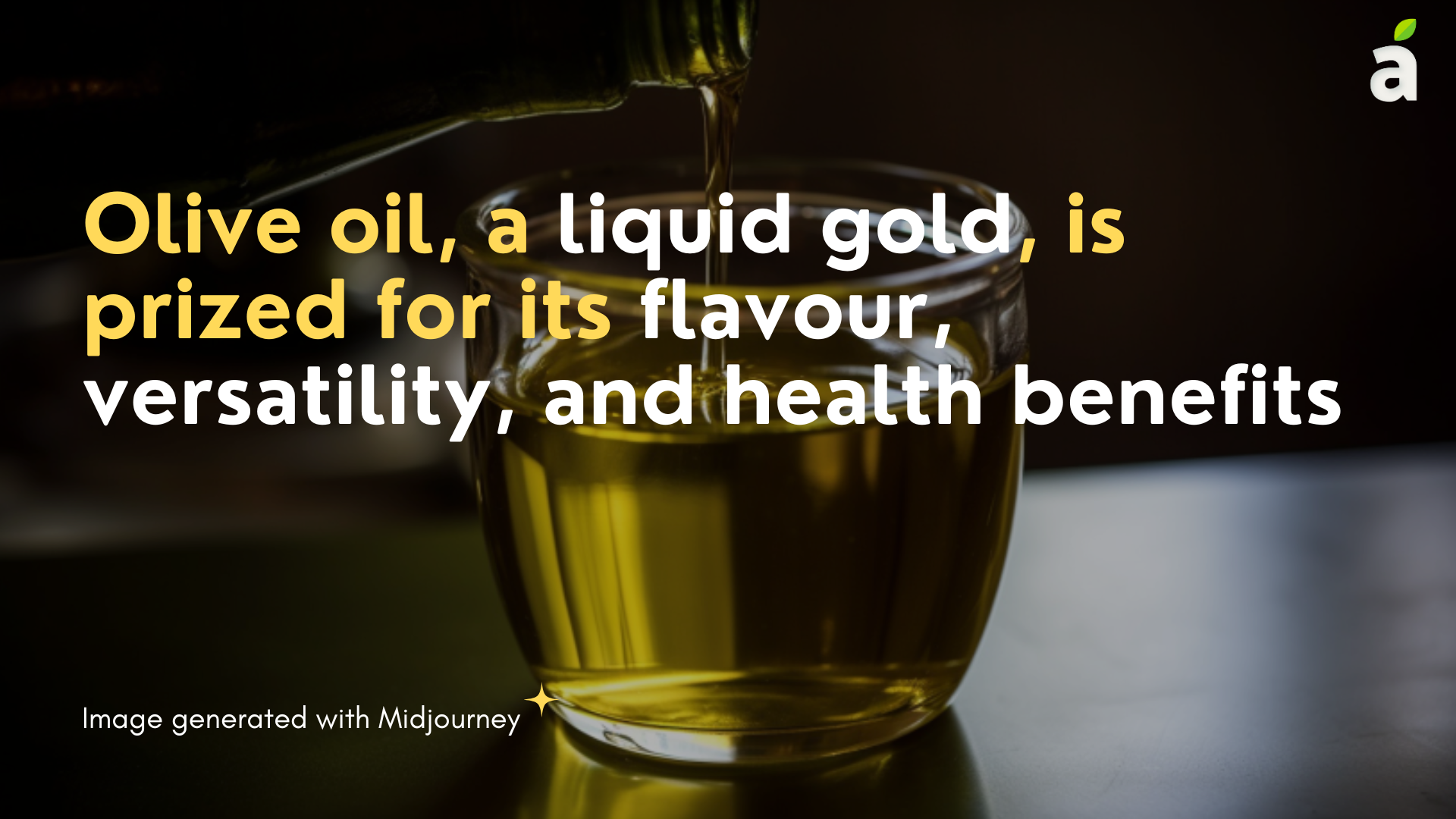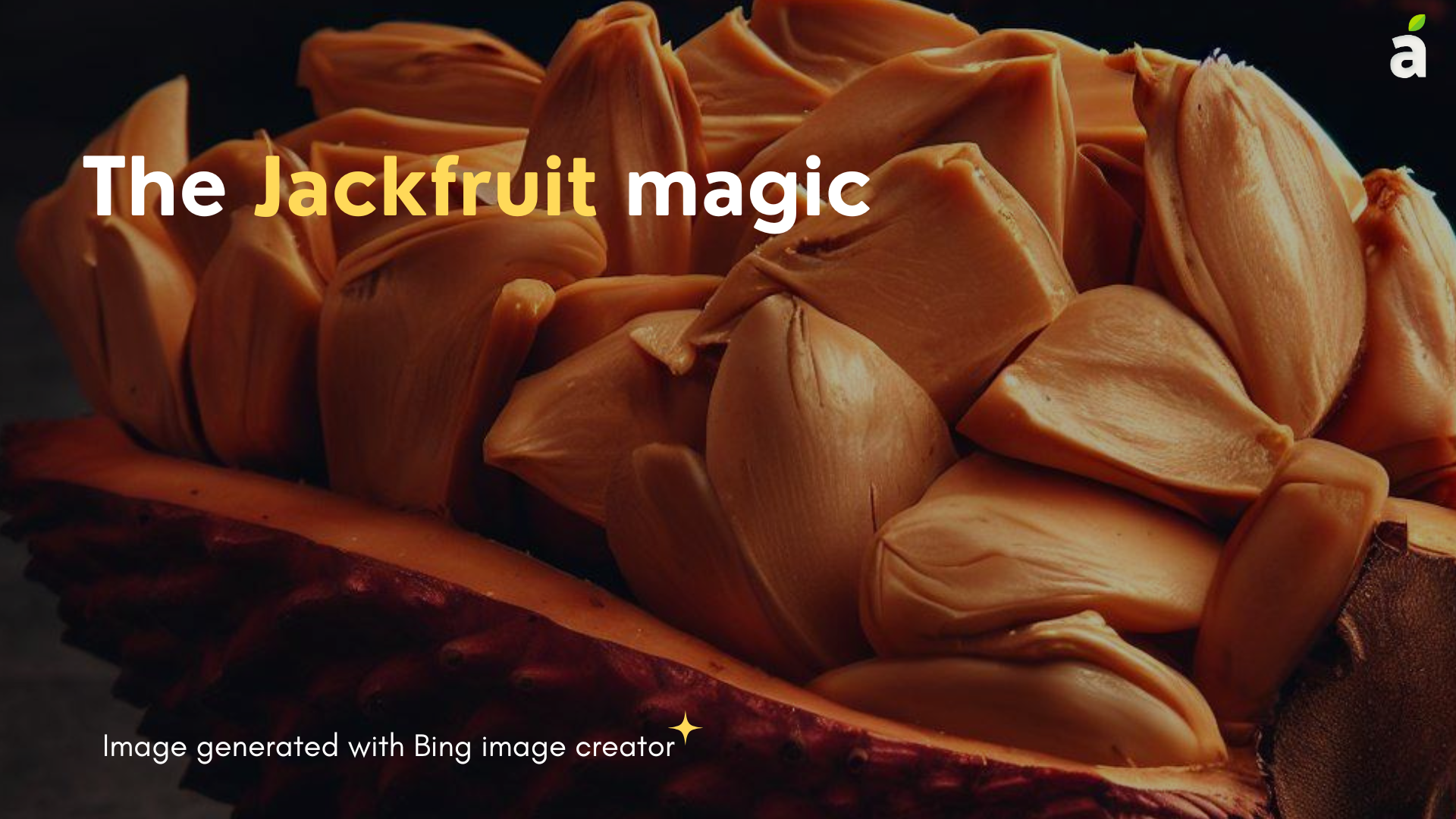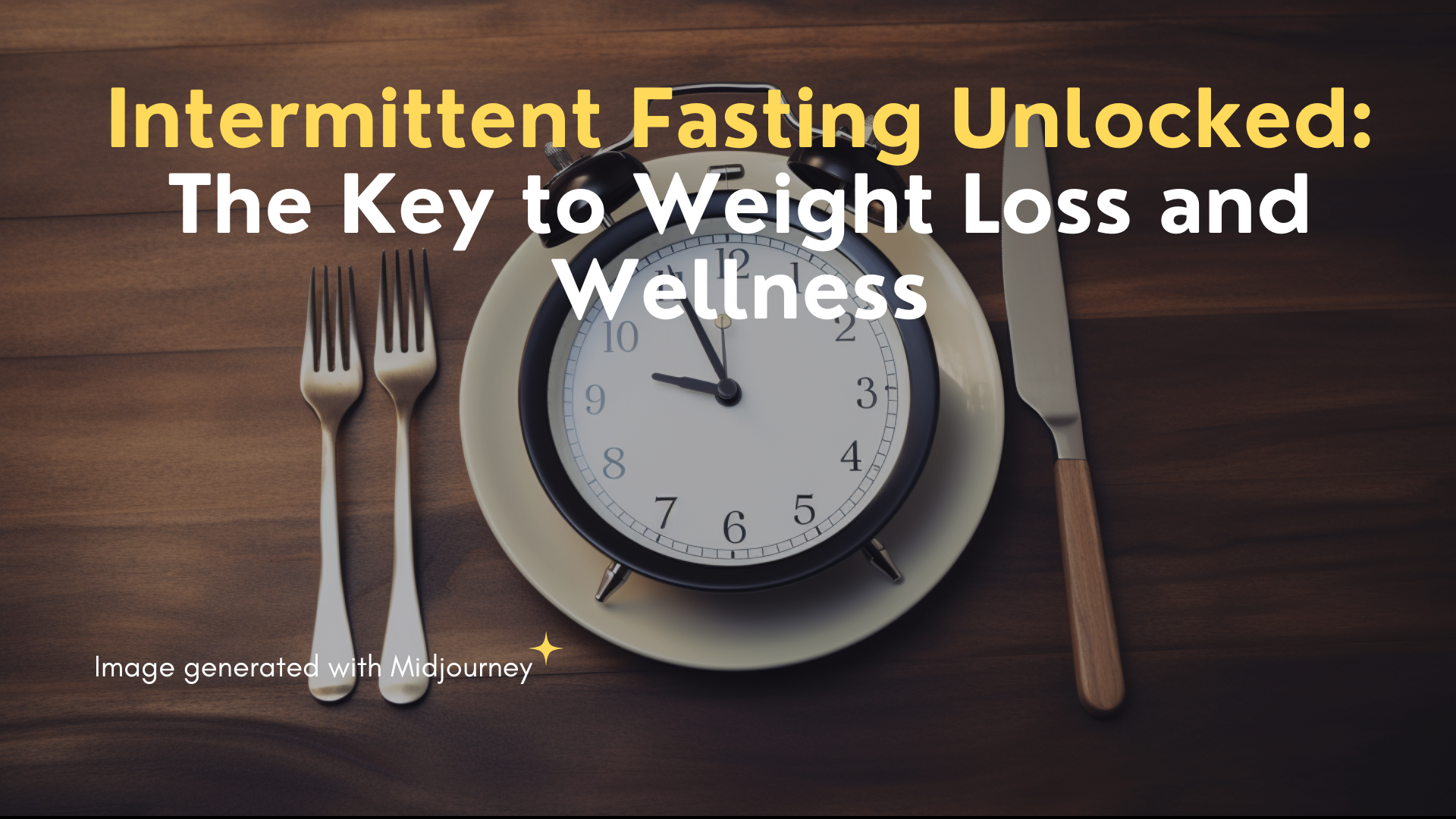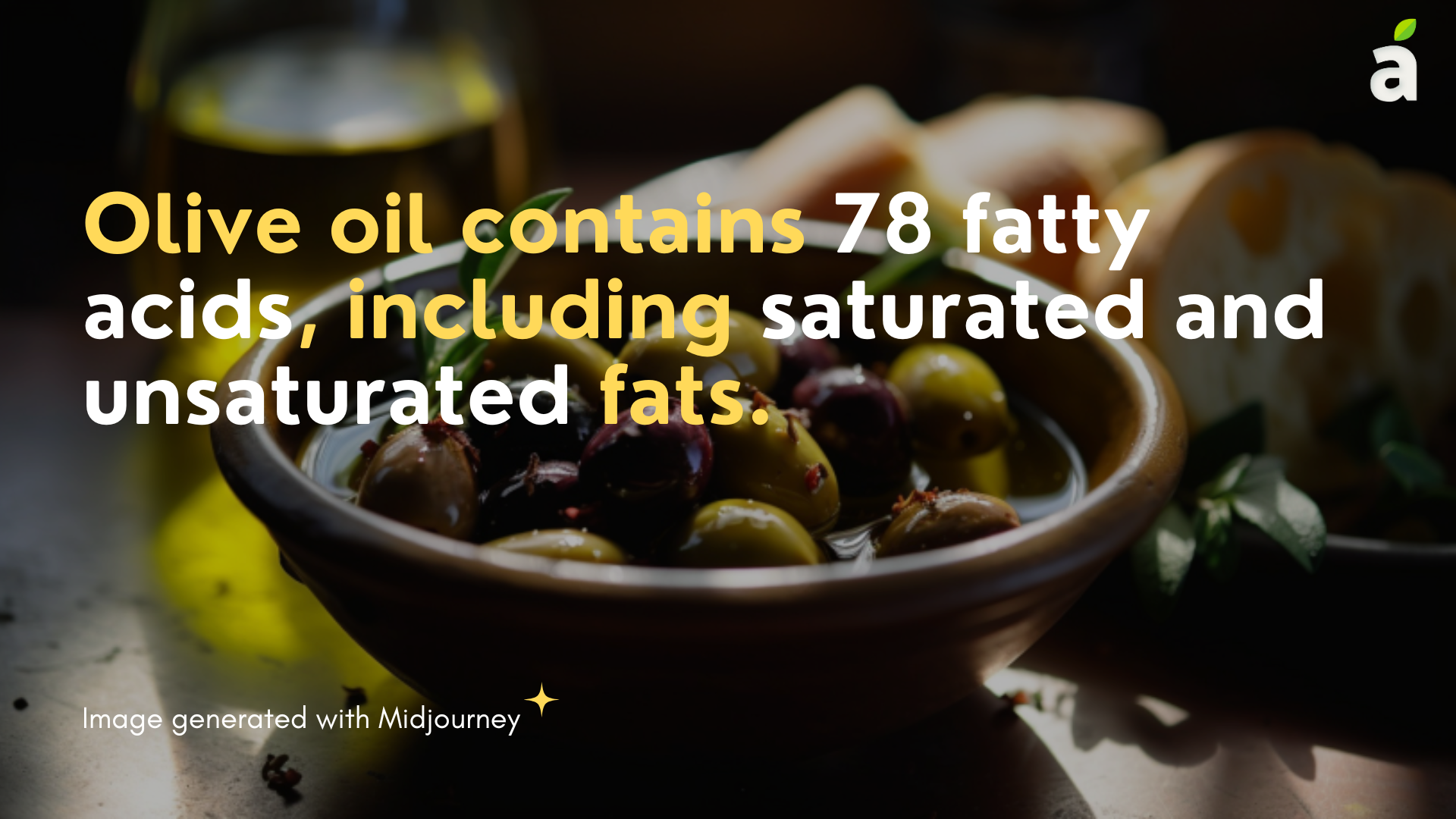Published Date January 24, 2003
Unlocking the Health Secrets of Olive Oil
By Naurin Ansari
3 min read
Last update date: January 24, 2003

Olive oil, often referred to as "liquid gold," has been cherished for centuries for its unique flavour, versatility, and numerous health benefits. Derived from the fruit of the olive tree, this precious oil is not only a staple in Mediterranean cuisine but also a favourite among health-conscious individuals worldwide.
Join us on a journey as we delve into the captivating world of olive oil, uncovering its origins, benefits, and potential drawbacks, while also exploring alternative options for those seeking affordable alternatives.
What is Olive Oil?
Olive oil, scientifically known as Olea europaea oil, is a highly nutritious cooking fat derived from the fruit of the olive tree. With its origins deeply rooted in Mediterranean countries, olive oil has been treasured for both its culinary and medicinal properties throughout history.
It encompasses different varieties, including extra virgin, virgin, refined, and pomace, each offering distinct flavours and qualities. While olive oil is commonly used in Mediterranean dishes such as salad dressings, bread dips, pasta sauces, and sandwiches, it is important to note that it is not recommended for high-temperature Indian cooking due to its low smoke point.
By incorporating olive oil into your diet, you can enjoy its nutritional and health benefits and savour the unique taste it brings to your culinary creations.[1][2]
Olive Oil Against Inflammation
Extra virgin olive oil contains a polyphenol called oleocanthal, which acts as a powerful antioxidant. This compound has been found to have similar characteristics and effects on the body as the commonly used pharmaceutical drug ibuprofen. It exhibits anti-inflammatory properties that can help reduce neuroinflammation, which is associated with the progression of Alzheimer's disease.
In addition, the rich presence of polyphenols and antioxidants in olive oil, including oleocanthal and oleuropein, contribute to its ability to combat inflammation throughout the body. This anti-inflammatory action may provide protective benefits against various chronic diseases, such as heart disease, diabetes, and certain types of cancer. Furthermore, olive oil's potential as a natural remedy for throat irritation, similar to ibuprofen, adds to its versatility and health-promoting properties.[3][4]
Olive Oil Against Hypertension
The unprocessed form of olive oil, known as extra virgin olive oil, is rich in an antioxidant called polyphenol. This antioxidant has been found to play a crucial role in regulating systolic blood pressure, which is the higher number of blood pressure readings.
A study conducted by an Australian researcher observed a group of 50 middle-aged individuals and noted a significant normalization of systolic blood pressure levels. This finding is particularly significant for individuals with hypertension, as systolic blood pressure is closely linked to heart conditions and strokes.
Hypertension is a common health condition that can have serious implications. Including olive oil as part of a balanced diet has shown promising results in managing blood pressure. The monounsaturated fats found in olive oil have been associated with improved heart health and the potential to lower blood pressure.
Furthermore, the presence of polyphenols in olive oil may contribute to enhanced blood vessel function, further supporting cardiovascular well-being. By incorporating olive oil into one's diet, individuals with hypertension may benefit from its potential to help regulate blood pressure and promote overall cardiovascular health.[5]
Cheaper Alternatives to Olive Oil
If you're looking for cost-effective alternatives to olive oil, there are several options to consider. One such alternative is palm oil, which is highly versatile and suitable for various dishes. It is a good source of vitamin E, which supports a strong immune system and promotes healthy skin. Although, when purchasing packaged products, it is important to avoid "hydrogenated palm oil".
Another affordable option is avocado oil, which has a buttery taste that makes it a suitable replacement for olive oil in soups, salads, and other dishes. Avocado oil contains beneficial omega-3 fatty acids and monounsaturated fats that can help lower bad cholesterol levels while increasing good cholesterol.
Additionally, nut oils such as almond oil or walnut oil can be considered as alternatives to olive oil. These oils offer distinct flavours and come with their own set of health benefits. Exploring these alternatives can provide a refreshing change in your cooking while still reaping the advantages of incorporating healthy oils into your diet.[7]
Olive Oil and Its Benefits
Olive oil is renowned for its rich polyphenol content, which possesses antioxidant properties that help combat the formation of harmful free radicals responsible for cell ageing. Additionally, it is a valuable source of essential vitamins E, A, D, and K, providing nourishment and protection for even the most delicate skin.
Olive oil may also have positive effects on brain health, skin health, and weight management. Its versatile flavour and aroma make it a versatile ingredient in a wide range of culinary creations.[8][9]
Drawbacks of Olive Oil
Olive oil is known to contain approximately 120 calories per tablespoon. Consumption of excessive amounts of olive oil may contribute to weight gain, as indicated by a study linking the intake of monounsaturated fatty acids to increased body weight.
Additionally, olive oil consists of 78 fatty acids, including both saturated and unsaturated fats, which can affect blood stickiness and clotting, potentially disrupting the body's natural blood flow. This can result in symptoms such as shortness of breath, nausea, and lightheadedness.
While olive oil offers numerous benefits, it is important to be mindful of its caloric content and consume it in moderation, particularly for individuals who are managing their calorie intake. Excessive consumption of olive oil may cause digestive discomfort. It is advisable to incorporate olive oil as part of a well-balanced diet and pay attention to portion sizes to ensure optimal health outcomes.[6]
Takeaway
Olive oil, with its rich history, remarkable health benefits, and culinary versatility, continues to captivate the hearts and palates of people worldwide. From its anti-inflammatory properties to its potential positive effects on blood pressure and cholesterol levels, olive oil has proven to be a valuable addition to a healthy diet. While considering its drawbacks and exploring cheaper alternatives, let us not forget the golden elixir's myriad benefits. So, embrace the goodness of olive oil, indulge in its flavorful embrace, and savour the journey towards a healthier lifestyle.
References
- https://www.realgreekrecipes.com/what-is-olive-oil/
- https://atasteofolive.com/blogs/news/how-to-incorporate-olive-oil-in-your-daily-diet
- https://www.aboutoliveoil.org/12-surprising-health-benefits-of-olive-oil
- https://thajokes.com/what-is-the-side-effect-of-olive-oil
- https://www.bicycling.com/news/a33562171/extra-virgin-olive-oil-blood-pressure-study/#:~:text=Drizzle%20generously%20for%20heart%20health%2C%20a%20new%20study%20suggests.&text=According%20to%20recent%20research%20published,your%20risk%20of%20heart%20disease
- https://www.paco-magic.com/what-are-the-drawbacks-of-using-olive-oil.html
- https://www.1mhealthtips.com/cheaper-alternatives-to-olive-oil/
- https://www.treurer.com/en/blog-olive-oil-culture/health/olive-oil-benefits-for-the-skin/
- https://www.heart.org/en/news/2020/03/05/olive-oil-may-lower-heart-disease-risk#:~:text=Researchers%20found%20those%20who%20ate,risk%20of%20coronary%20heart%20disease
Keep reading

Exploring the Versatility and Health Benefits of Jackfruit
By Naurin Ansari

The germination of the seed
It is expected of women to take the utmost care during pregnancy. They are given a list of do’s and don’ts during pregnancy and even after delivery
By Hetvi Shah

The Power of Time-Restricted Eating for Optimal Health
By Naurin Ansari

The Dark Side of Chocolate
By Hetvi Shah
Choose Healthy With Us.
Know the real truth about your food. Stay informed and healthy, for free.

Download the App Now
Certified nutritionists trust our food recommendations. Safe to say, so can you :)










